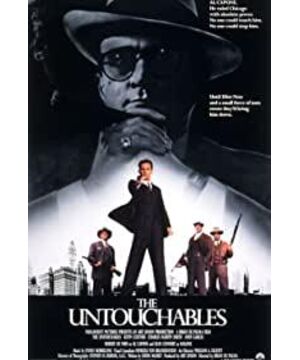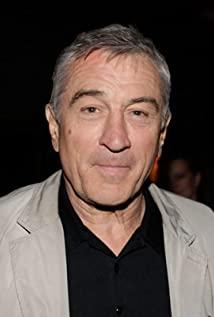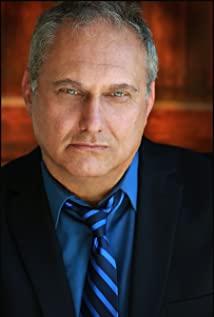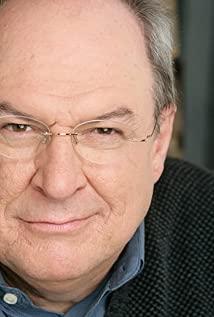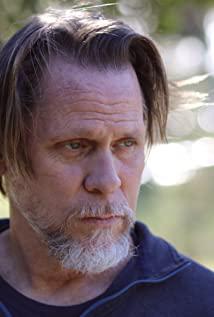However, it is a pity that even with such a general eight-strand structure, our country's literary and artistic creators are still unable to hand in satisfactory answers again and again. Enough to say nothing? It seems that there was a "Choice of Life and Death" starring Wang Qingxiang a few years ago. In the end, the protagonist sent his daughter-in-law to prison. After watching it, I always felt less happy, not because I was worried about the couple, but about this At the last moment, the protagonist completely puts on a look of being slaughtered, righteous, and heroic, waiting for his release. It is very unpleasant to have to rely on a higher level of leadership to preside over a just ending. This practice of ignoring individual resistance and anti-corruption while expecting treatment from the corrupt system itself is indeed regrettable. The final focus of the entire story seems to depend entirely on the mysterious assumption that the leader is clean or not. Also, the screenwriter can only put the protagonist's wife into prison.
Nagging so much, purely because I watched a 1987 American anti-corruption film "Unselfish" during the Chinese New Year. Look at this name, it has many main themes, many meanings and strict words, and then look at the main creators. Star, director Brian DePalma, "Scarface", "Dawn of Love Owl", "Razor's Edge" are all his works; screenwriter David Mame, a small book "Director's Homework" by this fellow Yu dragged me into the dream of being a screenwriter many years ago, and I still haven't woken up yet; starring Kevin Costner, Sean Connery, and Robert De Niro don't say anything, they're all in the film! Look!
The story is still arranged in the period of Prohibition in the United States. The young prosecutor is determined to deal with the boss who monopolized the alcohol smuggling industry. With the help of the old policeman and a few friends, he finally won the victory. Although this victory was staged, after all is iconic. The rhythm of the whole film is neat, and it feels like an eight-part composition. When the protagonist should throw money, he throws it resolutely, even more Communist than the Communist Party; when the villain should take revenge, he retaliates very hard, worse than the gangster. However, this is the case. A few Americans use such a well-established film to tell us a truth very powerfully: fighting corruption, nothing impossible, just do it!
All in all, there is nothing artistic about this film, and everything is proceeding step by step. However, its guiding significance for the creation of anti-corruption films in China is extremely far-reaching.
View more about The Untouchables reviews


